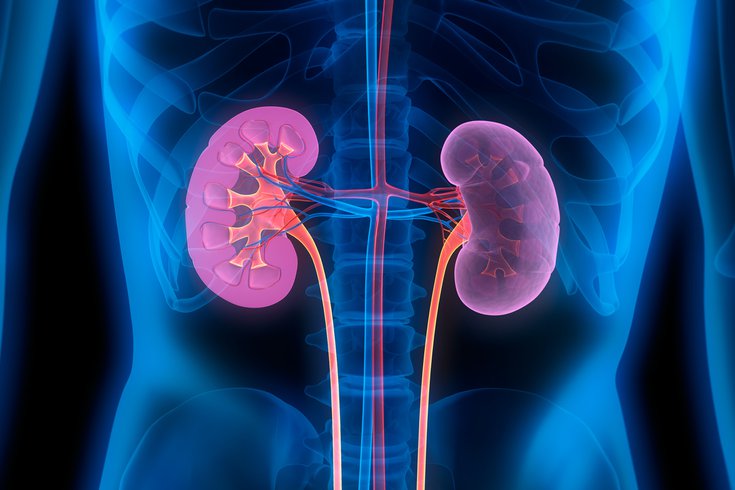
Kidneys, the active filters of the human body, need special attention to maintain optimal functionality. Here’s how to keep them healthy and active.
March 11 is celebrated as World Kidney Day. A pair of kidneys, the bean- shaped bilateral organs on the posterior side of the abdomen is an indispensable component of human anatomy. Kidney performs the function of filtration and excretion of waste materials to keep the alimentary and digestive system clear of all the impurities. It also plays a key role in regulation of blood pH and maintenance of electrolytes such sodium, potassium and phosphorus. Kidneys are actively responsible for maintenance of blood pressure and adrenal hormones secreted by the cap-like adrenal/suprarenal gland placed right on top of both the kidneys. Moreover, conversion of Vitamin D to its activated form takes place in the kidneys that facilitates calcium absorption. Kidney diseases are silent killers with massive effects on the overall quality of life. It is well known that people with kidney disease are more susceptible to heart and neurological diseases than the others. People with diabetes, hypertension, obesity or overweight or any other comorbidities are always at increased risk of contracting kidney disease.
Here are a few mantras to keep your kidneys happy and healthy
- Physical activity is must
Staying active and fit is the basic requirement to achieve or sustain good health. Keeping the body weight within ideal limits always helps in controlling blood pressure and further prevalence of CKD
- Cutting down intake of processed food
Intake of processed foods poses a very serious challenge on the overall functional abilities of kidney. Packaged biscuits, pickles, pasta, pizza- all these are considered as the most harmful sources with the potential to cause kidney damage and also they trigger diabetes which in turn exacerbates kidney conditions.
- Regular monitoring of blood sugar
Diabetes is a very common yet idiopathic health condition characterized by increased level of blood sugar. Thus, having an eye on the blood sugar level and making it a part of regular health checkup is very crucial, particularly for those who are inching towards the middle age or further.About half of people who have diabetes develop kidney damage; but this can be prevented/ limited if the diabetes is well controlled. Check your kidney function regularly with blood and urine tests.
- Regular monitoring of blood pressure
Just like blood sugar, monitoring the blood pressure level also holds equal importance. Lowering daily salt intake is extremely critical to keep blood pressure levels in check. The recommended sodium intake is 3-5 grams of salt per day. High blood pressure level is also very closely associated with high cholesterol and cardiovascular diseases. In case of a persistently elevated blood pressure level, an immediate consultation of a physician is always recommended.
- Adequate fluid intake
The ideal amount of fluid intake varies from person to person. A lot of external determinants come into play in order to decide the right amount for of fluid required for an individual. The determinants include exercise, climate, health conditions, pregnancy and breastfeeding. Normally 8 cups (or approximately 2 litres) per day is the prescribed amount of fluid for a healthy person in a comfortable climate condition which might vary commensurately with changing climate conditions. An individual with an already prevailing kidney condition needs to be extra cautious about fluid intake. Clinical consultation is highly recommended.
- Smoking kills
Smoking hinders the flow of blood to the kidneys. Reduced inflow of blood often leads to failed kidney functionality. Smoking also increases the risk of kidney cancer by about 50 per cent.
- Avoid frequent intake of over-the-counter anti-inflammatory drugs/painkillers
Common drugs such as non-steroidal anti-inflammatory (NSAIDS)/ pain-killer (e.g. drugs like ibuprofen) can harm the kidneys if taken regularly. Medicines, with prevalent kidney conditions, should always be taken with doctors’ approval.
- Checking kidney function particularly in presence of one or more of the ‘high risk’ factors
Here the risk factors include
- Diabetes
- Hypertension
- Obesity
- Family history of kidney disease
Recent Post
Crafted by Webcreatore Digital Solutions LLP.






